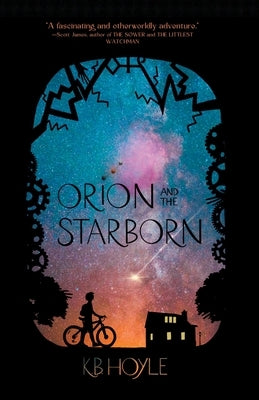Orion and the Starborn
$12.99
5585 One Leg Up
$13.99
Blind Voices
$17.99
Summoning of the Siren
$21.99
Deep Roots
$17.99
Mesmerized
$14.99
The Offenders
$21.95
Court of the Dark Fae
$18.95
Midlife Soul Hunter
$14.99
Pharaoh's Gold
$16.99
Trek of a Bird-Woman
$23.95
Albatross
$15.99
Fairydale
$24.99
The Glow Across the Sea
$11.99
The Silver Eclipse: Boztoll
$17.99
Covet Me
$34.99
The Convent's Secret
$26.99
Step Alpha
$15.99
The Bride of Lycaster
$32.99
Claimed by Fate
$35.99
Siren & Scion
$30.00
Stormless
$17.99
The Window In The Painting
$10.99
Silver Kingdom
$17.99
Death's Collector
$15.99
Starla
$34.99
Project Vampire Killer
$18.99
A Tale of Hijinks & Honeydew
$13.00
A Necromancer Called Gam Gam
$18.99
My Brother's Keepr
$19.99
Mahayoddha Kalki, Book 3
$9.99




















































